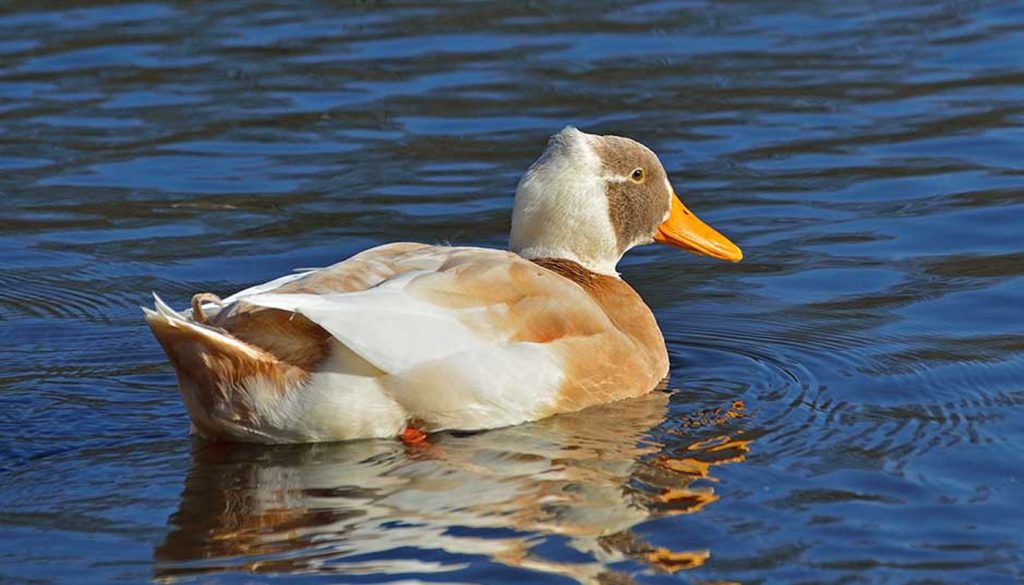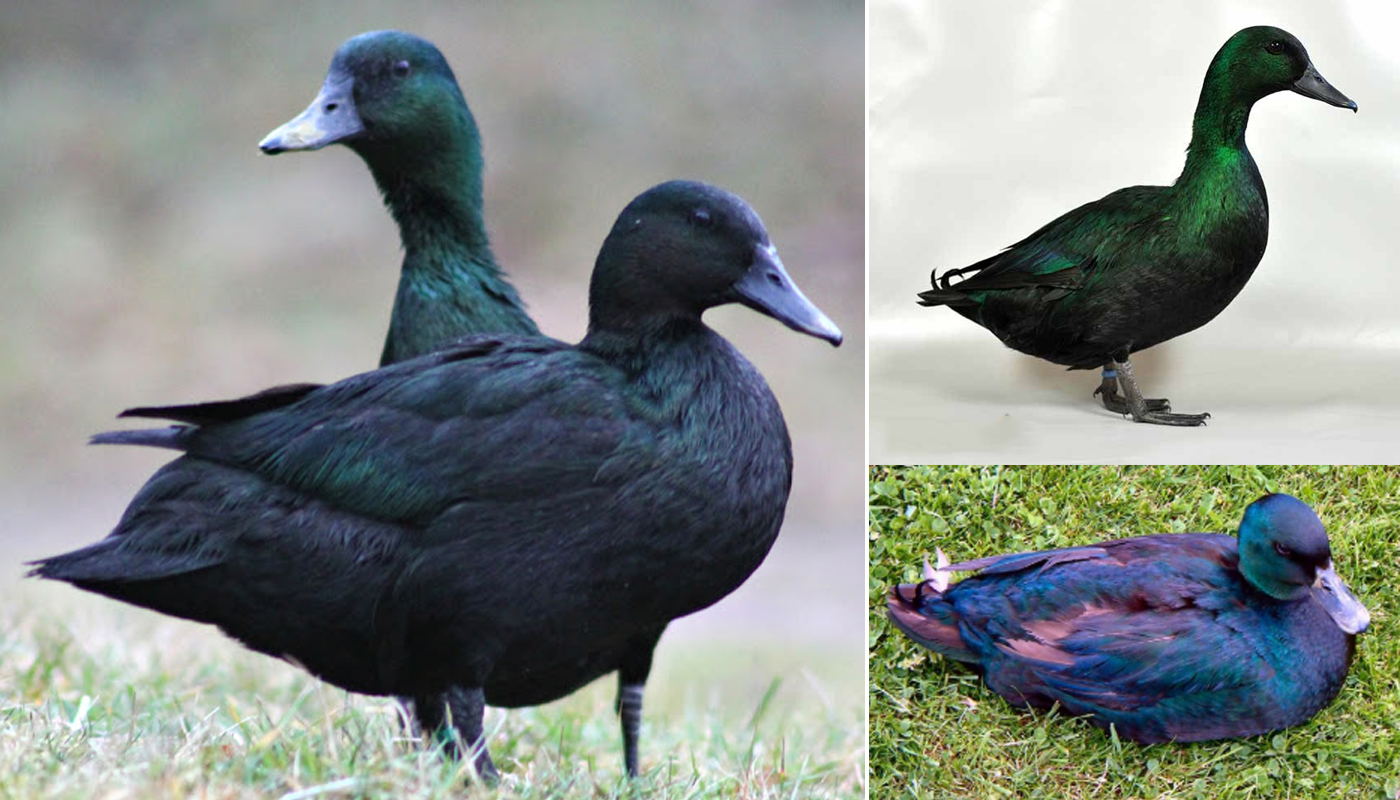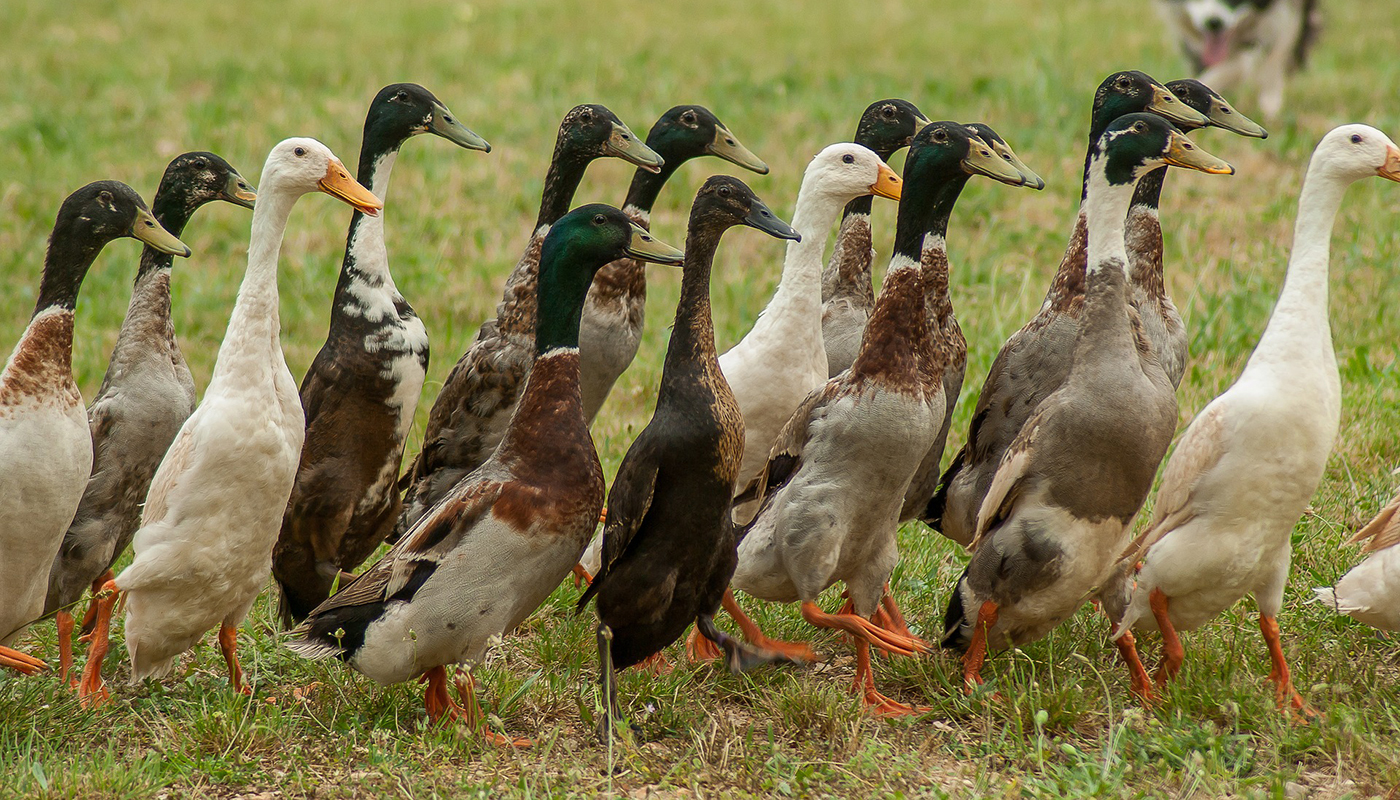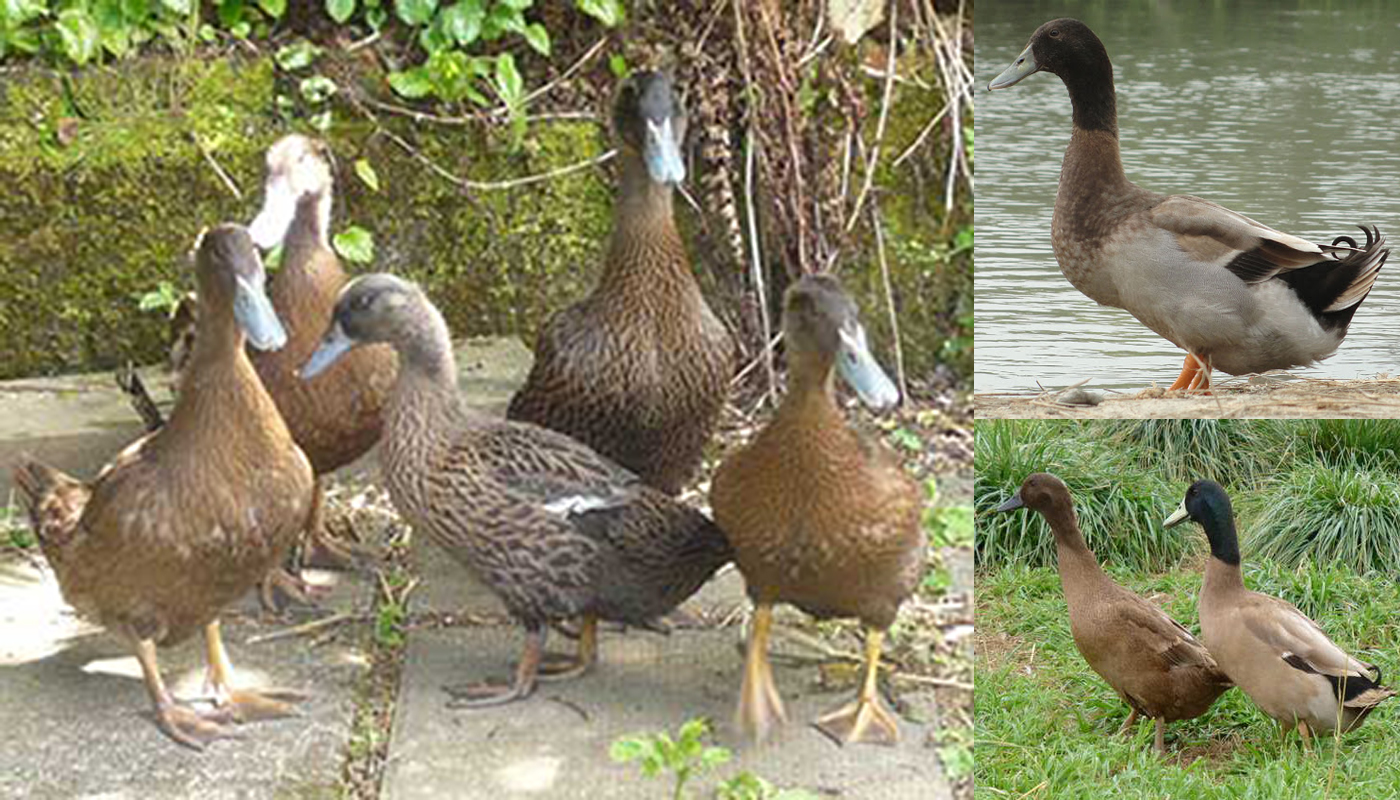
The Buff or Buff Orpington is a great meat duck as well as a prolific egg layer. These beautiful ducks with their pretty plumage and great characters are in need of more breeders.
They were once a sought-after breed for both their meat and eggs but due to large commercial breeders seeking cheaper alternative meat their numbers began to drop. The American Livestock Conservancy has them listed as a “threatened” breed.
They are really good all-around breed with a calm nature making the great pets, they are good foragers and make great exhibition ducks.
They also make a good starter duck for the first-time duck keeper and do well around supervised children. This is one duck that a duck keeper should look into owning.
GENERAL INFORMATION |
|
|---|---|
| Country of Origin: | England |
| American Poultry Association: | yes Recognized by the American Poultry Association |
| Duck Category: | Medium |
| Duck Class: | English |
| Colors: | Buff, Date of acceptance: 1914 |
| Other known colors : | Blue, Black and White |
| Good starter duck? | Yes |
| You may Also Like: | TOP 10 GOOD STARTER DUCK BREEDS |
| Other names known by: | Buff Orpington |
| Bantam Variety Available? | No |
| You may Also Like: | 10 BEST BANTAM DUCK BREEDS |
APPEARANCE / IDENTIFICATION
| DUCK BITS | DESCRIPTION | COLOR | |||||||
|---|---|---|---|---|---|---|---|---|---|
| EYES⇒ | Dark Brown | ||||||||
| BILL⇒ | Long | M = Yellow F = Orange/Brown |
|||||||
| * Black bean tipped | |||||||||
| CRESTED? | No | ||||||||
| LEGS⇒ | Short | Yellow/Orange | |||||||
| Same for the M & F | |||||||||
| FEET⇒ | Medium Sized | Yellow/Orange | |||||||
| FEATHERS⇒ | M & F Similar | Buff | |||||||
| Soft tan color. The male has a grey head and grey stripe on his wings. Both M & F have white tipped wings | |||||||||
| SKIN COLOR⇒ | White | ||||||||
| AVERAGE WEIGHT⇒ |
|
||||||||
| *Bean: This is also called the nail. It is a small round bump found at the end of the duck’s bill. It is used for defence and to catch insects. It is almost like a fingernail and is damaged can grow back. It can also get overgrown much like fingernails if they do not have something to grind it down on. | |||||||||
| ** Note: This is an average weight for the male duck and not a guaranteed weight | |||||||||
USE/PURPOSE |
||||||||||||||||||||||||||||||||||||
|---|---|---|---|---|---|---|---|---|---|---|---|---|---|---|---|---|---|---|---|---|---|---|---|---|---|---|---|---|---|---|---|---|---|---|---|---|
Females/Hens⇒ |
Eggs, Meat, Breeding, Show and Pets
|
|||||||||||||||||||||||||||||||||||
Males/Drakes⇒ |
Breeding, Meat, Show and Pets
|
TEMPERAMENT |
|
|---|---|
| “The Buff Orpington ducks have a very calm, gentle and friendly nature” | |
| Good with Kids? | They are good around supervised kids |
| You may Also Like: | 10 BEST DUCK BREEDS TO KEEP AS FAMILY PET |
| Flyers? | They can fly but rarely even try |
| Noisy Birds? | No, they are not at all noisy |
| Interact with other ducks? | They are homebodies but will socialize with ducks . |
| Best duck breeds to mix them with: | Any domestic breed of duck |
| Other animals? | They tend to not be too fussed by other domestic animals but watch cats and dogs around them |
IDEAL ENVIRONMENT |
|
|---|---|
| “They thrive in most environments as long as they are well looked after and are homebodies” | |
| Ideal Garden Size? | Medium to large |
| Can be Confined? | They do not enjoy being confined though |
| Free-Range | As they do not really like to fly they will not go too far |
| Penned Free-Ranging? | It makes them feel safer. |
| Foragers | They are good foragers |
| Endures heat well | Yes |
| Endures cold well | Yes |
| Special Requirements? | No |
| Ideal Duck House: | As long as there are nice cozy nests or snuggling areas for them to sleep |
| Ideal Duck Pond: | A kiddie paddling pool or small pond that is not too deep |
| Flock/Paddling Size: | Two or more |
| You may Also Like: | 22 Best DOMESTIC DUCK BREEDS |
GOOD TO KNOW |
|
|---|---|
| “They have no real special requirements or needs. They are relatively low maintenance ducks” | |
| Special Care/Attention Requirements? | No |
| Known Predators: | Check with animal control in your area for known predators |
| Conservations Status: | Threatened For more information on poultry, conservation status, check the American Livestock Conservancy Website |
| Breeders Clubs: | It is best to check with the American Poultry Association for various clubs and or organizations. |
| Where to buy them: | Purely Poultry , the APA or check with the American Livestock Conservancy |
| Other: | If you do not want to risk having your ducks shipped check with your local poultry farms for advice on your nearest supplier. |
HISTORY
The Orpington duck breed was developed by a famous English poultry breeder. William Cook who resided in Kent, England developed the breed in many different varieties. These varieties included Blue, Black and White. The White variety was not very popular and soon their number dropped out of existence.
The Buff variety of the Orpington duck was developed by the pairing of Aylesbury, Rouen, Cayuga and Runner ducks. The Buff Orpington duck was developed in the 1800’s around the time that were Buff Poultry feathers were all the fad.
William Cook took his Buff Orpington to the Madison Square Garden Show held in New York in 1908. Here the Buff Orpington made its first appearance in the United States. They were accepted into the Standard of Perfection by the American Poultry Association in 1914.
The ducks gained popularity for their delicious large eggs and tender high-quality tasty meat.
But the Buff Ducks numbers began to dwindle when the commercial duck industry took to cheaper meat. And ducks that matured a lot quicker than the Buff duck did.
In 2015 the American Livestock Conservancy recorded the breeds breeding stock numbers to be around 1088 birds. They are still currently listed as a “threatened” status on the Livestock Conservancy list.
They are not difficult to breed and make a nice all-around bird for any duck owner looking for a good utility duck. That is also a prolific egg layer and makes a good addition to their duck flock.
Health
No known health issues
- Ducks need water to ensure they do not get “wet feather” disease. This is where the preening gland dries out. Water also stops them from getting pests such as mites, fleas, ticks, lice, etc.
- Well, fed ducks should hardly have any health issues.
- Any birds kept in a flock need to be dewormed. Although ducks are not as prone as other poultry they should still have a de-worming regime. Speak to a local vet or poultry experts for advice. Our article on Healthy Ducks has some great tips and advice on de-worming ducks.
 East Indie Duck Breed – Everything You Need to Know
East Indie Duck Breed – Everything You Need to Know American Wigeon – Wild Dabbling Duck Breed
American Wigeon – Wild Dabbling Duck Breed Indian Runner Duck Breed – Everything You Need to Know
Indian Runner Duck Breed – Everything You Need to Know Crested Duck Breed – Everything You Need to Know
Crested Duck Breed – Everything You Need to Know Keeping Backyard Ducks – Pros and Cons
Keeping Backyard Ducks – Pros and Cons Rouen Duck Breed – Everything You Need to Know
Rouen Duck Breed – Everything You Need to Know Cayuga Duck Breed – Everything You Need to Know
Cayuga Duck Breed – Everything You Need to Know Duclair Duck Breed – Everything You Need to Know
Duclair Duck Breed – Everything You Need to Know Saxony Duck Breed – Everything You Need to Know
Saxony Duck Breed – Everything You Need to Know Pomeranian Duck Breed – Everything You Need to Know
Pomeranian Duck Breed – Everything You Need to Know Khaki Campbell Duck Breed – Everything You Need to Know
Khaki Campbell Duck Breed – Everything You Need to Know Welsh Harlequin Duck Breed – Everything You Need to Know
Welsh Harlequin Duck Breed – Everything You Need to Know